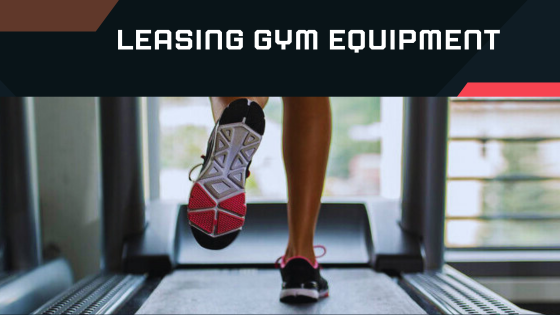The fitness industry in the UK is thriving, with millions of people regularly exercising in gyms across the country. In order to meet the demand for diverse gym equipment, gym owners often contemplate whether to buy or lease. While leasing gym equipment often seems like an attractive option – with lower upfront costs, the opportunity to upgrade equipment, and the possibility of covering maintenance – it also carries its fair share of disadvantages, which are worth considering before making a commitment.
Fortunately, companies like Hire Fitness aim to mitigate these disadvantages and offer a smoother leasing experience.
Financial Implications
On the surface, leasing might seem cheaper as it negates the need for a hefty initial outlay of capital. However, over the term of the lease, gym owners might end up paying significantly more than the actual cost of the equipment due to interests rates applied on the leasing, thus making leasing an expensive affair in the long run.
Moreover, leases often come with strict contractual obligations. In an uncertain business environment – like the one caused by the Covid-19 pandemic – these inflexible payment terms could quickly become a drain on resources, potentially leading to financial instability for the business.
The thoughtful flexibility provided by Hire Fitness, however, has been a game changer when it comes to lease contracts.
Control and Ownership Issues
Leased equipment never truly belongs to the lessee. This means that gym owners don’t have the flexibility to sell, modify, or repurpose the equipment as they see fit to evolve their gym’s offering based on client need. This lack of control could potentially reduce a gym’s competitive advantage in a constantly changing market.
In addition, equipment leases typically come with conditions, such as limits on usage, which could affect the gym’s ability to meet peak-time demand. Gyms might also find themselves subject to financial penalties if the conditions of the lease not adhered to.
That being said, solutions provided by Hire Fitness offer gym owners a semblance of control even while leasing.

Uncertain Quality and Longevity
When leasing gym equipment, the ability to choose specific brands or models might be limited by the leasing company’s available stock. As a result, gym owners may receive equipment that doesn’t meet the quality standards or the specific needs of their clientele.
Furthermore, although most leasing agreements cover maintenance, not owning the equipment might mean that less care is taken to choose durable or long-lasting items. In the end, the lifespan of the equipment provided could be shorter than expected, leading to disrupted service and annoyed gym-goers.
Hire Fitness puts quality at the forefront, striving to provide equipment that is not just functional but upholds the highest industry standards.
Challenging Exit Strategy
Ending a leasing agreement early often comes with heavy penalties that could affect the financial health of the business. This, coupled with the fact that the business doesn’t own assets it could potentially sell to raise funds, leads to limited exit strategies. Gym owners must be aware that these penalties and limitations might hinder their ability to pivot or restructure their business in response to market changes or opportunities.
However, with Hire Fitness, gym owners can be assured of transparent exit terms, making the entire process much less daunting.
In Conclusion
While leasing gym equipment might seem like an attractive option, it’s essential to think about the potential long-term effects on financial health, flexibility, equipment quality and exit strategy. Hire Fitness recognizes these concerns and strives to offer leasing options that address these issues, ensuring gym owners can make an informed decision that ensures the ongoing success and vitality of their enterprise.